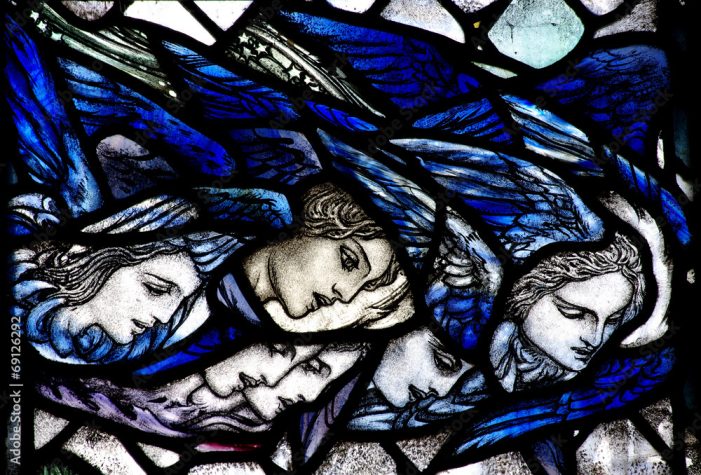Adobe stock library
Rockwall, TX (November 29, 2024) – An old monk’s dying testimony surely surprised those who revered him for his great humility and service to all those around him. The Elder Zosima revealed his past sins of jealousy, anger, and hatred that nearly led to murder.
Though he had grown up inspired by Christian beliefs, Zosima had once challenged an innocent man to a duel. But the night before this kill-or-be-killed event, he realized with great shame his guilt. When he sorrowfully confessed his sins to God and others, his wretchedness gave way to joyful redemption.
Zosima is one of too few godly characters in The Brothers Karamazov, a thick novel about religious yet corrupt mid-19th-century Russia. Fyodor Dostoyevsky’s storyline revolves around one scripture-quoting but self-indulgent man and the effects of his immoral lifestyle upon his sons. Readers must wade knee-deep through the muck of sinful humanity.
Such spiritually conflicted people still populate the earth. Men who give lip service to God and faith will stab their fellow man in the back in word or in deed. Women who assent to the commandments of God will compromise their values to fulfill a desire.
However, faith in God is too serious a matter for such wishy-washy living. While believing in the One who came to save us will effectively prick our conscience and recalibrate our moral compass, there is another element of genuine faith: a good confession.
But what is a good confession? It might look like Zosima’s sincere sorrow, which “produces a repentance that leads to salvation” (2 Corinthians 7:10*). Or, for less desperate souls, it could resemble the tax collector, Matthew, who left his full-pocketed but empty life behind to follow Jesus (Matthew 9:9). Yet both men’s decisions were not easy ones.
A power struggle ensues when we try to surrender our personal autonomy to the Lord of Life. Our self-will either rises in protest or else makes excuses, “For the desires of the flesh are against the Spirit … these are opposed to each other” (Galatians 5:17*).
We can welcome the Good News yet still follow our own heart. It’s our sincere confession that leads to conversion. On the day the church was birthed, the apostle Peter explained this simple but necessary action we must take: “Repent and be baptized every one of you in the name of Jesus Christ for the forgiveness of your sins, and you will receive the gift of the Holy Spirit” (Acts 2:38*).
If Zosima had not acknowledged his sinful condition before God, he could never have obtained the kingdom of heaven (Matthew 18:3). And Matthew, while believing in Jesus, might have remained chained to his tax table by the snare of wealth (and there would be no Gospel According to Matthew).
God’s salvation plan has not changed. We must recognize our sin predicament: no longer trying to justify ourselves as good enough to merit heaven or strong enough to overcome sin without the Savior. We must shed our self-sufficiency, remembering that Jesus shed his blood for us. We may need to walk away from something hard to surrender; yet he left Heaven to offer us eternal life.
On the night of the Savior’s birth, the angels rejoiced, and their rejoicing continues: Jesus says there is joy in heaven each time a sinner repents (Luke 15:7).
Believing in God’s redemptive power available through Christ is something like accepting the necessity of wiring in a house. But repentance means we trust the wiring enough to plug in. And behold . . . light in our darkness and power that overcomes sin.
*English Standard Version

Patti Richter writes and edits Christian faith articles and has co-authored Signs of His Presence: Experiencing God’s Comfort in Times of Suffering. Read more of her essays at BlueRibbonNews.com







